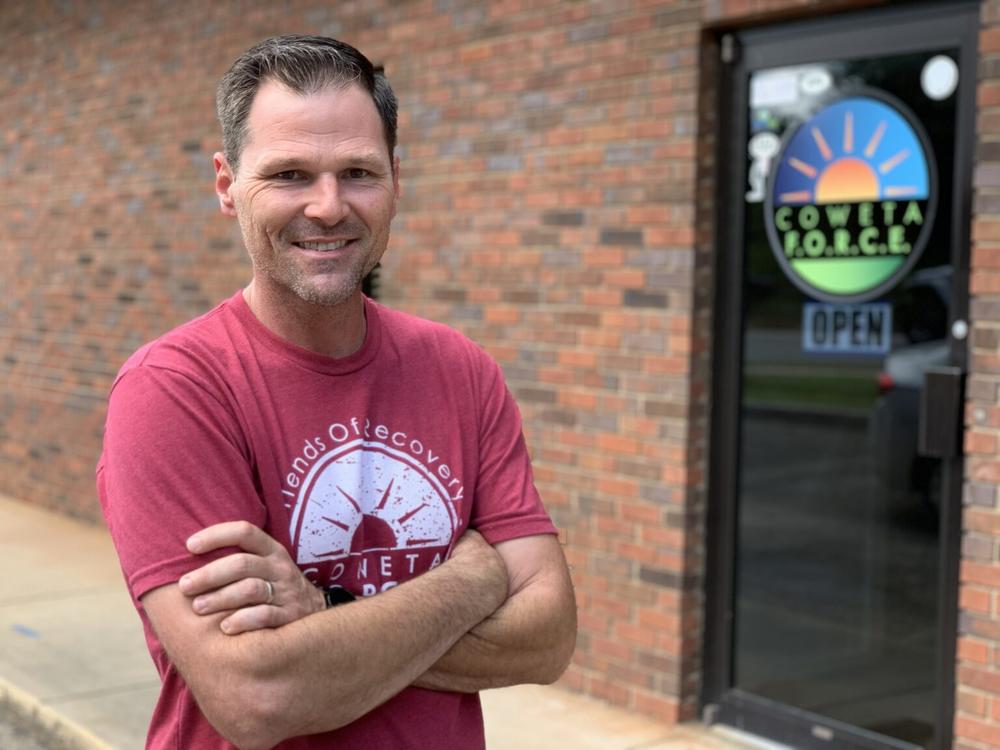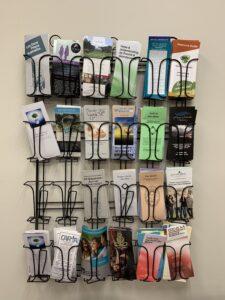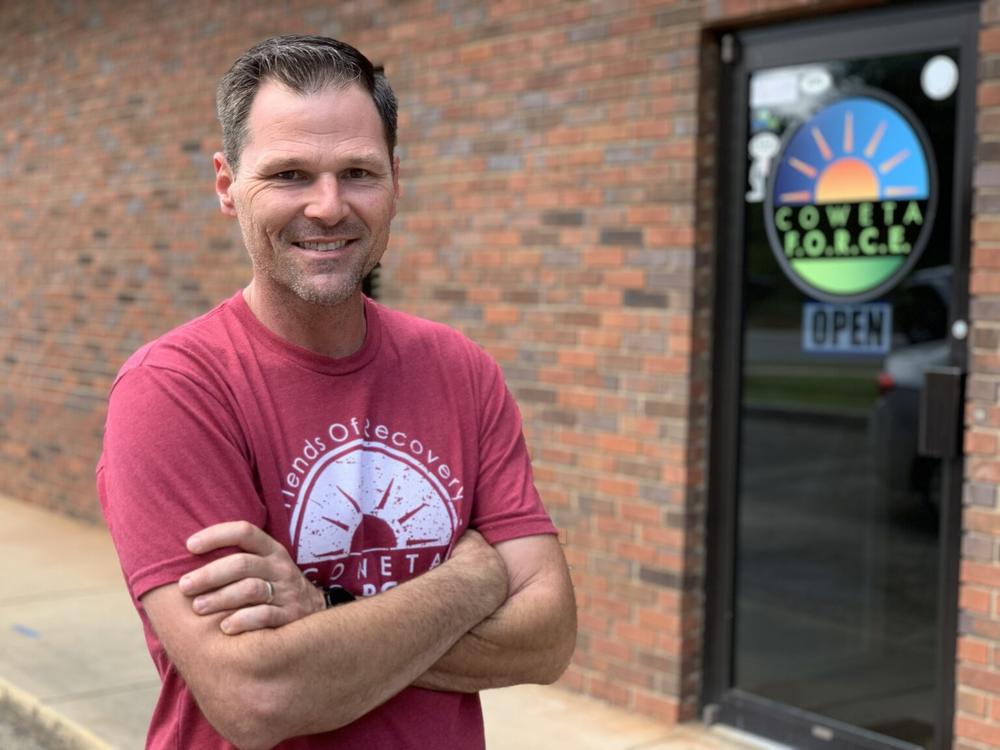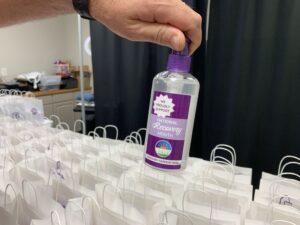
Caption
There has been a rise in substance use during the pandemic. Hank Arnold, executive director of Coweta F.O.R.C.E. in Newnan, says he is seeing more people show up at the center interested in recovery.
Credit: Jill Nolin/Georgia Recorder




